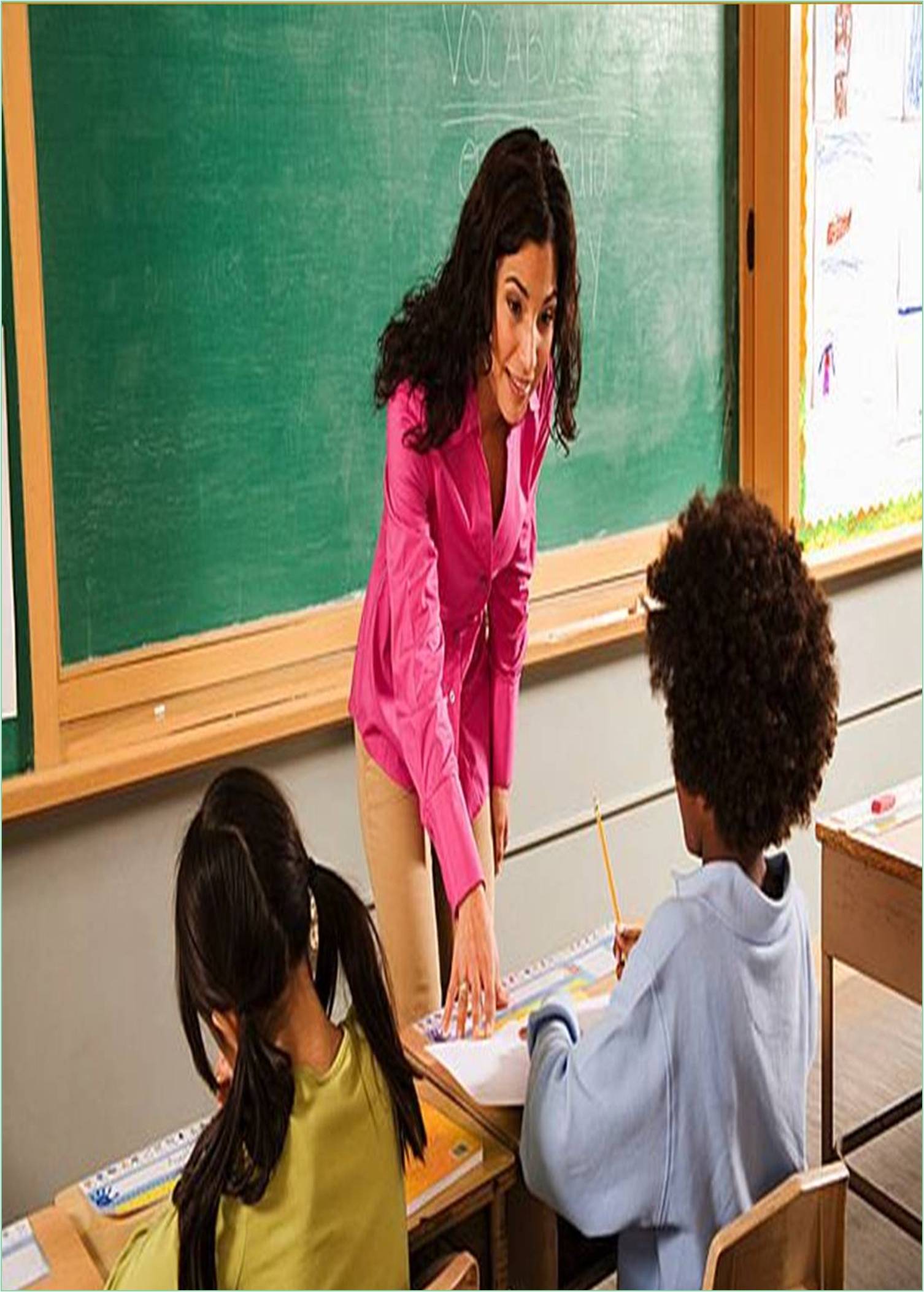



Received: 01-Nov-2022, Manuscript No. GJTE-22-83012; Editor assigned: 03-Nov-2022, Pre QC No. GJTE-22-83012 (PQ); Reviewed: 21-Nov-2022, QC No. GJTE-22-83012; Revised: 30-Nov-2022, Manuscript No. GJTE-22-83012 (R); Published: 07-Dec-2022, DOI: 10.15651/GJTE.22.10.032
Academic literacy is the ability to apply basic criticalthinking methods across a range of reading, writing, and several different course types. Educational literacy can additionally mention additional reading skills required for advanced knowledge, such as mathematical skills, listening and communication across cultural divides, information literacy and the use of technology in education aid. College is where students increase their intellectual literacy.by adding to their prior understanding and learning more advanced learning, writing, and reading strategies.
A literacy strategy is a planned action that a student does to enhance academic performance and encourage learning. A literacy strategy is a planned action that a student does to enhance academic performance and encourage learning. In instance, methods for enhancing reading or writing success are commonly referred to as "literacy strategies."
• Reading through a chapter of a textbook quickly to get a sense of how it's organized
• Marking up material in the margins of reading assignments with annotations
• Reading comprehension exercises
The term "disciplinary literacy" refers to the specialized knowledge and skills that advanced students and subjectmatter experts develop within a field of study. Within an academic or professional setting, every group has its own reading, writing, and learning customs. Experts in a field of study have expectations and norms for how they use written materials in order to advance knowledge and interact with one another. Additionally, they share a technical language that is related to the information that experts in the field produce and discuss in their writing.
The idea that text and literacy are specialized, if not exclusive, across disciplines is the cornerstone of disciplinary literacy. For instance, the way that historians and mathematicians approach reading is very different. Similar to this, even someone who isn't very good at math or writing can easily discern a science piece from a literary one.
Throughout their first year of college, all students, regardless of whether they want to transfer to a four-year institution or enroll at a university, complete general education courses in a range of academic areas. Students who are pursuing degrees in general education must adapt their reading, writing, and study habits to match a number of different course formats if they are to thrive academically in those courses. As they progress to higher level courses, students increasingly focus on specific coursework in their professional programs or major and minor fields of study. The first or second year of college is when students pursuing applied technical degrees may start taking more specialized courses.
The more courses a student takes in a subject, the more specialized literacy skills and methods they develop. These skills and methods are used for new reading, writing, and learning activities in that subject. They achieve this by making use of their existing learning from earlier courses. Through this progression of information acquisition and increasing proficiency in the advanced work of a discipline, students move from being beginners (or novices) to eventually being experts. Gaining subjectmatter knowledge and enhancing specialized literacy skills are ongoing tasks as college graduates enter the workforce or apply to graduate programs. Discipline knowledge and competency are developed as a part of a lifetime learning process.
A strategy for fostering the development of academic literacy is deconstructing and carefully going over the elements of a well-written academic work that is at or just above the students' current developmental level. In this approach, we'll look at the text's social context and how the text's organization, structure, vocabulary, and grammatical choices reflect that context. The template that follows provides a broad overview of the types of queries that could be directed at a text during this process; these questions can be altered to concentrate on the ones that are most relevant to the text under inquiry.